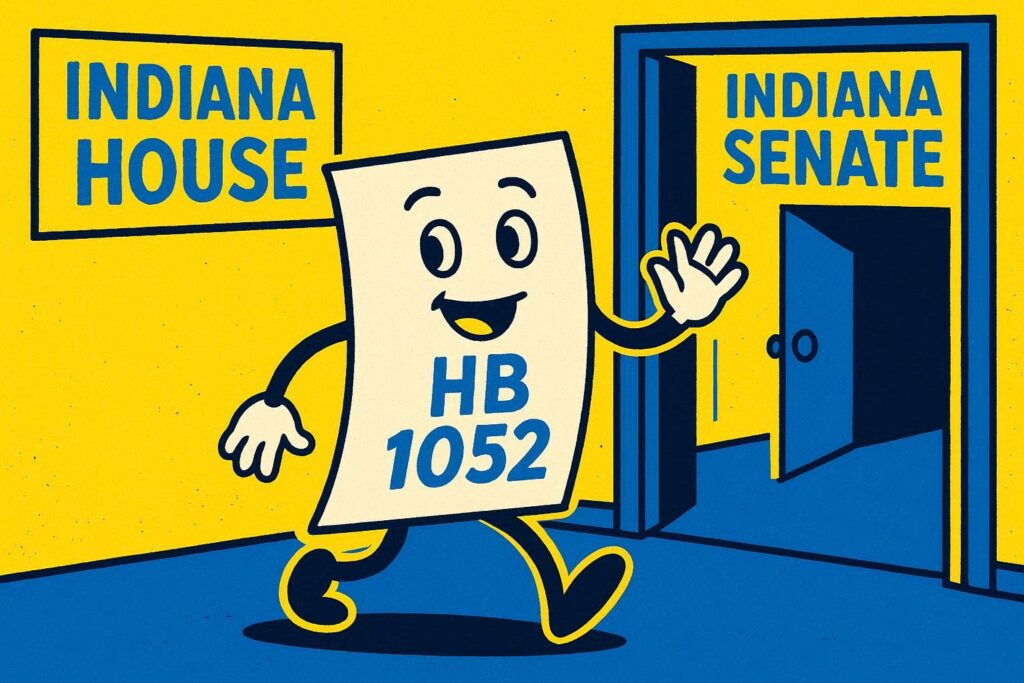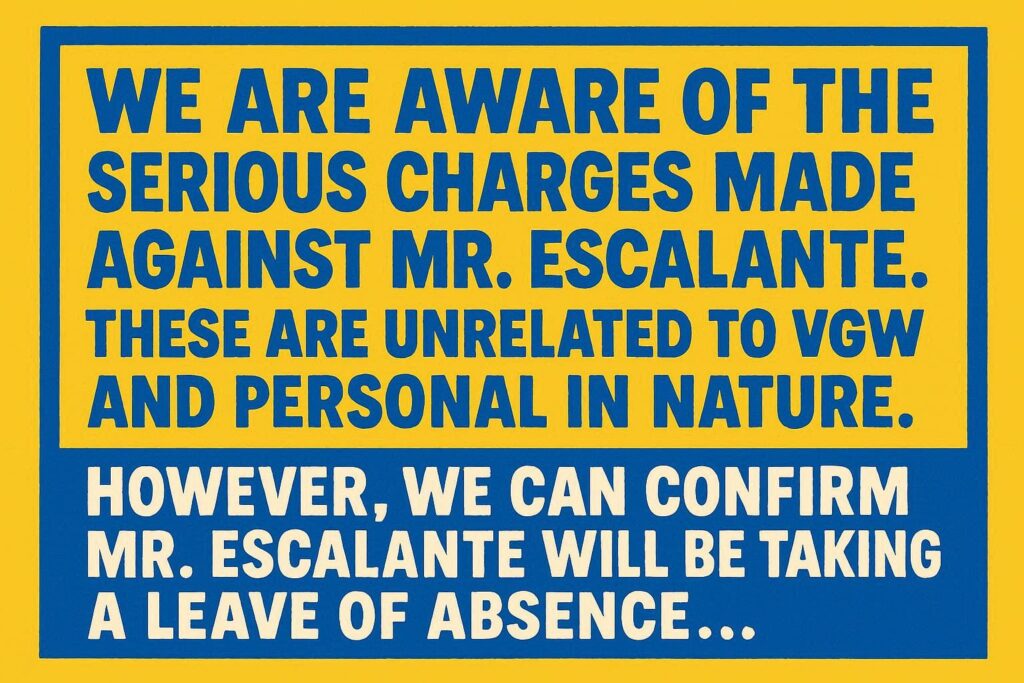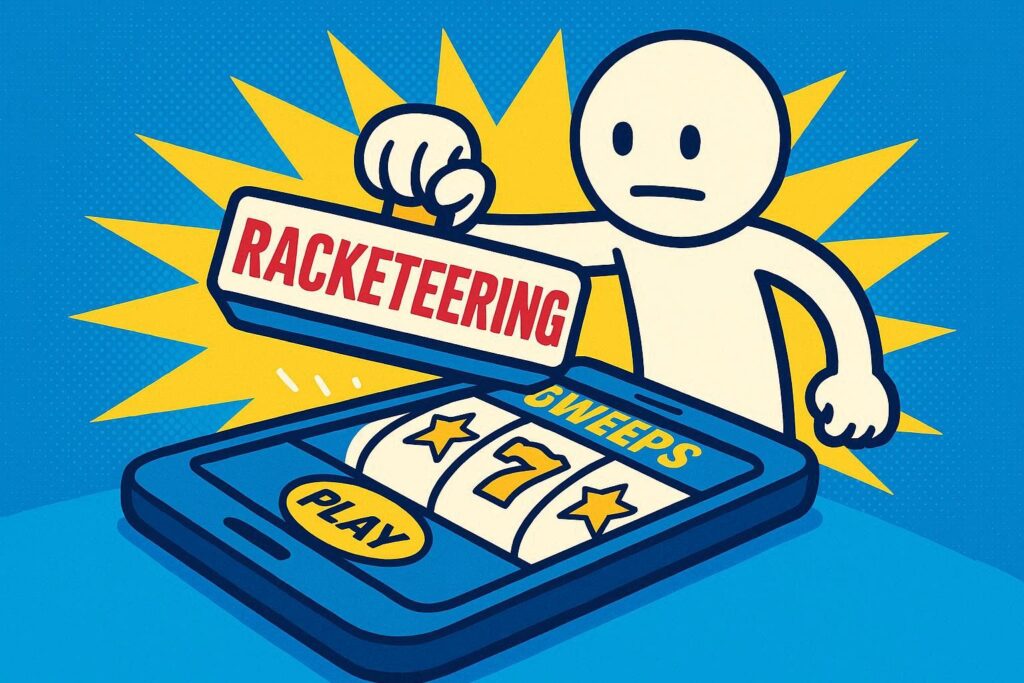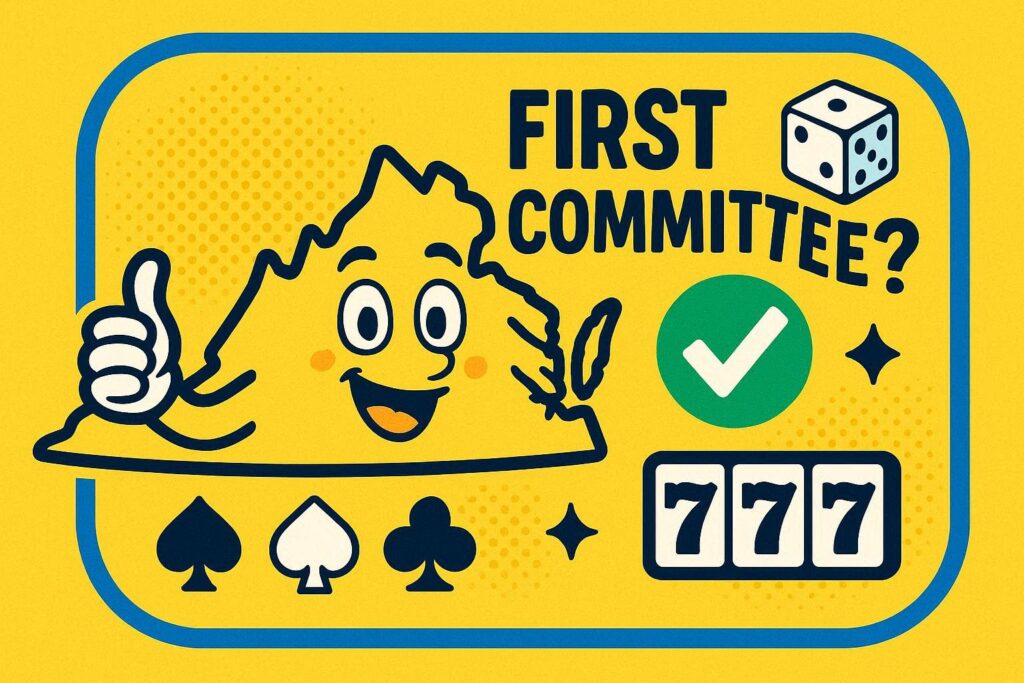An Illinois resident, Marlena Wieseman, has lodged a complaint in a federal court against MW Services, the company that operates the WOW Vegas social casino website. In the brief, Wieseman accuses MW of violating Illinois law by offering online casino games.
Wieseman also wants the court to certify a class of other Illinoisans who have spent money on WOW Vegas and declare that arbitration agreements in the website’s terms of service are void. In previous legal actions, those arbitration agreements have survived scrutiny and protected operators like MW from litigation of this sort.
Lawsuit alleges multiple violations of Illinois law
Wieseman filed her complaint in the federal District Court for the Central District of Illinois on July 23. The brief names MW Services as the lone defendant.
Wieseman states that she has played casino-style games on WOW Vegas since 2022 and during that time has spent around $10,000 on the site. The complaint alleges that WOW Vegas markets itself deceptively, and that deception is part of the reason for Wieseman’s spending.
The lawsuit states that WOW Vegas “uses free ‘social gaming’ as a pretext for real, online gambling.” The brief continues to call WOW Vegas’ use of a dual-currency system “misleading” and characterizes using Sweeps Coins to play the games on the site as gambling.
Wieseman seeks the return of the funds she spent on WOW Vegas, along with punitive damages. The complaint also asks the court to issue an injunction against “wrongful acts and practices,” which it argues violate Illinois gambling law.
Before the court rules on the merits of Wieseman’s arguments, though, it needs to determine whether to certify the proposed class that the complaint requests. That is where terms in WOW Vegas’ user agreement could come into play.
WOW Vegas usage terms complicate Wieseman’s arguments
Like many other websites, WOW Vegas has terms of use that people must affirm to proceed in using the site. MW Services’ terms for WOW Vegas explicitly state that disputes between users and the company must go through arbitration.
Furthermore, the terms state dictate that “you and MW Services Limited agree that the arbitration of a Dispute will proceed on an individual basis and neither You nor MW Services Limited may bring a claim as a Collective Action.” The terms define a collective action as “any claim as part of a class, group, collective, coordinated, consolidated, mass, or representative proceeding, whether by arbitration or in court.”
Wieseman’s complaint attempts to address that by stating that, “in Illinois, all contracts based wholly or partly on money or value obtained through illegal gambling are [sic] void” and “as a result, defendant may not invoke any contractual defenses—including arbitration clauses, choice-of-law provisions, or class action waivers…”
WOW Vegas’ terms do allow users to opt out of arbitration agreements. However, new users must communicate their wish via email within 30 days of registering an account with the site, on top of actually reading and understanding the terms when they sign up.
To date, courts in other parts of the United States have mostly upheld these conditions in terms of dispute resolution.
Courts siding with website operators on arbitration provisions
The most recent example of a court sending a dispute between a player and the operator of a sweepstakes casino to arbitration came in California in early June. That follows a string of similar instances in which courts in multiple states have dismissed claims for relief due to arbitration agreements.
The court in Wieseman v. MW Services may defy that building precedent. If the court strengthens the precedent, though, it’s another reminder to consumers to actually read conditions and terms before agreeing to them.








